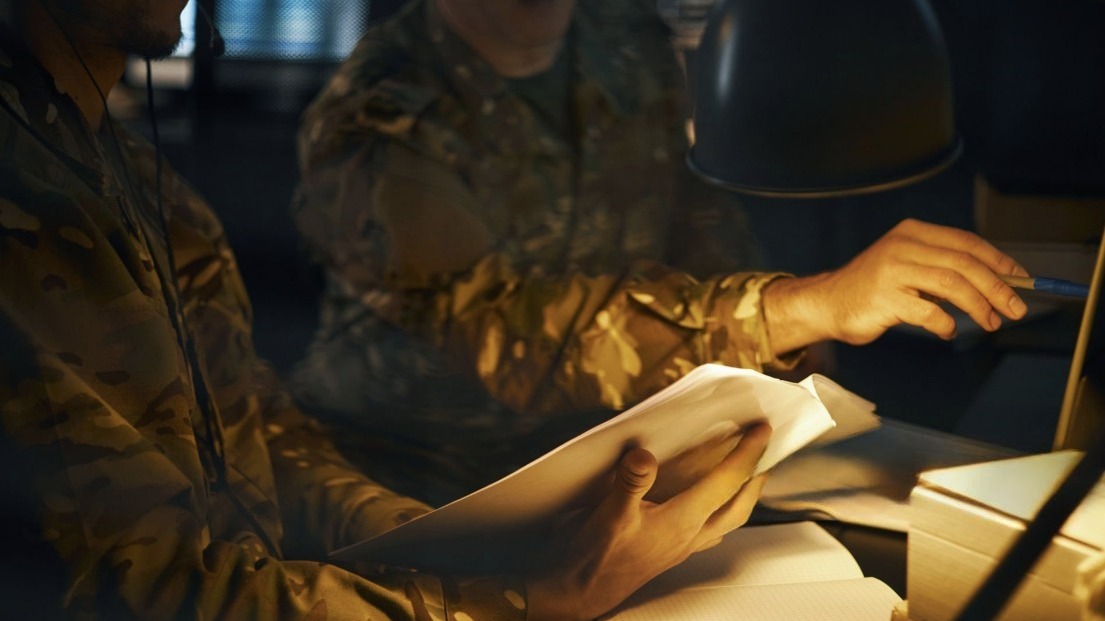
Embracing Valor: A Military Perspective on Personal Growth
In a world where stories of bravery and courage become the legends we carry forward, one summer day in 2005 at Eglin Air Force Base became a pivotal moment for a young Specialist. Much more than just another day in the humid swamps of Florida, this incident not only tested his limits but also bestowed upon him a profound lesson in military valor, leadership, and the true essence of courage in the line of duty.
Surrounded by Heroes: The Essence of Leadership in Stratified Units
At Camp James E. Rudder, the setting was ripe for defining moments in military careers. Battalions composed mainly of highly-ranked officers can be intimidating, yet they offer unique opportunities for growth and understanding of leadership under duress. Here, the young Specialist recognized the weight of the responsibility assigned to him. He wasn't just part of a unit; he was part of a legacy, the embodiment of the rigorous training and discipline instilled in every Ranger. Each decision he made along with his peers was a reflection of a larger military ethos emphasizing teamwork, resilience, and the willingness to act in the face of danger.
The Call of Duty: A Heroic Collaboration
In his role with the Boat Platoon, this Specialist learned that leadership is also about collaboration under pressure. Each mission brought him closer to his Combat Medic partner, with the duo forming an efficient and courageous first-responder team. The urgency of their tasks - from receiving any emergency feedback to communicating medical evacuation requests with precision - laid bare the stakes involved in their work. It highlighted that acts of valor aren't merely individual accolades but result from a seamless interplay between trained professionals working toward a common goal - saving lives.
Real-Life Lessons from Dangerous Waters
The summer day in 2005 tested the Specialist's ability to remain calm amidst chaos. As they swiftly navigated the rivers and swamps, his training kicked in, driving their focus on the mission at hand. He learned to adapt in high-pressure situations and to think strategically, traits which will serve him well beyond the field into future leadership roles. In moments where life hung in the balance, the development of courage and quick thinking set the tone for his service and future connections.
The Legacy: Honoring Acts of Valor
Such moments encapsulate the essence of military heroism, not solely in the dramatic actions taken but in the quiet determination that comes behind each decision. Stories like that of this Specialist remind us of the many everyday heroes in uniform whose willingness to serve often guides them through perilous situations. Whether leading fellow soldiers or collaborating as a cohesive unit, the lessons learned resonate deeply within the fabric of leadership.
Embracing a Culture of Valor in Civilian Life
Understanding military leadership and valor provides vital lessons that can translate into the corporate realm. Just as during training and active duty, the challenges faced in the business world often require a composed, cooperative, and strategic mind. The leadership styles developed through military service cultivate resilience and readiness—essential tools for navigating today's fast-paced business environment.
Call to Action: Embrace Your Leadership Journey
Every act of valor, large or small, deserves acknowledgment. For both military personnel and civilians alike, fostering a culture of appreciation for leadership can elevate our communities. Whether through mentorship programs for veterans or embracing individual roles in corporate settings, we can uplift one another and continue the conversations on valor, courage, and effective leadership.
 Add Row
Add Row  Add
Add 




Write A Comment